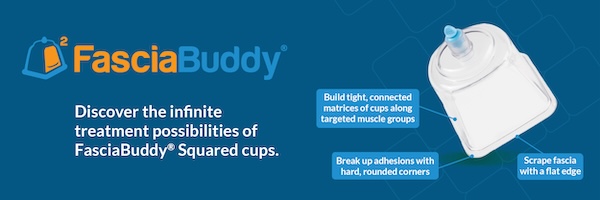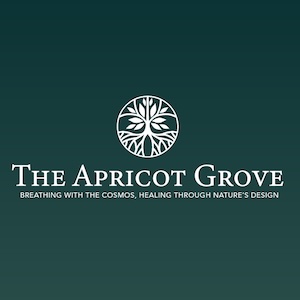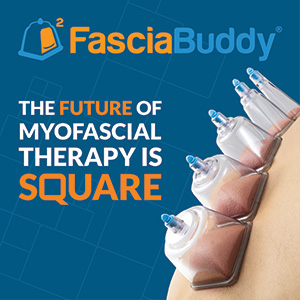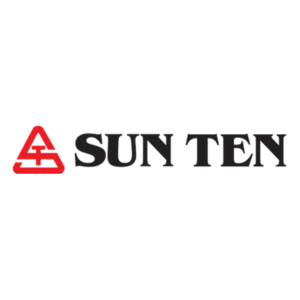The ability to perceive with our hands, to assess the flow of life through the body, is a valued skill in East Asian medicine. It’s a fine and discerning art that takes full form when thinking does not overshadow; when cognitive understanding of anatomical landmarks combines with the attentive impressionable mind.
To fully understand and interpret what is felt underneath the hands, you must learn to listen respectfully to the ebb and flow of the fundamental substances Qi, Blood, Body Fluids, which are keenly involved in supporting human life itself. For this your critical, conscious mind has to quiet enough to accept the knowing that comes from your hands.
In this conversation with Jeffrey Dann and Mark Petruzzi, we touch on the concrete yet nuanced experience of reading the body through touch, including how to create space for a more therapeutic connection for both the patient and practitioner. We explore the need to be attentive, the value of appreciation in our clinical work, and the application of the teishin. We also talk about their fittingly titled Qi, Blood, and Fluids class.
Listen into this discussion on palpatory findings and the refinement of touch from a Japanese acupuncture perspective.
In This Conversation We Discuss:
- The subtle nuances of reading the body through touch and allowing the body to guide you
- How our interactions and relationships with the channels change over time
- The different approaches to finding the ‘presently alive points’
- Adjusting and adapting your needling in real-time
- The arrival of Qi – ‘flock of birds converging’
- Being attentive with your attention: Attending to the patient’s response and changes in the room
- Learning to appreciate the structures bundled together in between the channels
- The teishin vs. regular acupuncture filiform needles
- Qi, Blood, and Fluids
- Learning to touch with a mother’s love
Osteopathic “Listening” to Qi, Blood and Fluids in their manifestations as neuro-vascular and lymphatic pathways can deepen our assessment and treatment strategies. Acupuncture is a manual medicine.
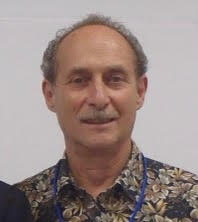 My 50 year path in the pathways and meanderings of Traditional East Asian Medicine has been eclectic, lucky, and blessed by teachers who saw something worthwhile in my sincere quest for deepening in the healing arts
My 50 year path in the pathways and meanderings of Traditional East Asian Medicine has been eclectic, lucky, and blessed by teachers who saw something worthwhile in my sincere quest for deepening in the healing arts
I started out as a cultural anthropologist studying youth mind-body education in the classical Japanese martial art of kendo. My Western mind-body conceptions were turned upside down by the Japanese cultural concepts of Hara-Koshi as physically understood in the martial arts and the structural bodywork approach of SeiTai Ho. I was deeply influenced by Rolfing Structural Integration and Feldenkrais Awareness Thru Movement. And there I found resonance with Hashimoto’s Sotai movement therapy. These interests then merged with a deepened study of Meridian Therapy and its delicate needle and refined palpatory techniques.
Our Qi Blood and Fluids approach represents the inclusion of refined osteopathic palpatory approach of Jean Pierre Barral’s Visceral Manipulation work on treating neuro-vascular and lymphatic structures.
“Only the tissues know” JP Barral “Points don’t work…you work the point” I Fukaya
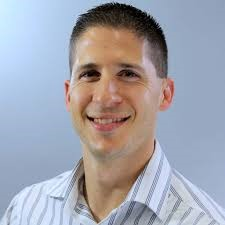 I am the Director of the Traditional Japanese Acupuncture Institute. I run a private practice in Port Jefferson Station, NY. I am appointed at Stony Brook University Hospital holding both in-patient and out-patient privileges. I was a presenter at Stony Brook’s Palliative Care Conference for Pediatric Oncology in 2016 and 2017.
I am the Director of the Traditional Japanese Acupuncture Institute. I run a private practice in Port Jefferson Station, NY. I am appointed at Stony Brook University Hospital holding both in-patient and out-patient privileges. I was a presenter at Stony Brook’s Palliative Care Conference for Pediatric Oncology in 2016 and 2017.
I have been an adjunct faculty at the New York College of Health Professions since 2005, teaching courses in their Acupuncture and Massage Therapy programs as well as supervising student interns in the Japanese Acupuncture clinic. I was a lead instructor for the Traditional Japanese Acupuncture team at Tristate College of Acupuncture in Manhattan from 2009-2018 and was the acupuncturist and massage therapist for the Adelphi University Dance Program from 2004-2020.
Links and Resources
Visit Jeffrey on his website, or on Facebook
And if you’re interested in Koshi Balancing here’s the website, or the Facebook page
Visit Mark at the Traditional Japanese Acupuncture Institute
Subscribe To This Podcast In Your Favourite Player

Apple Podcasts

Google Podcasts




